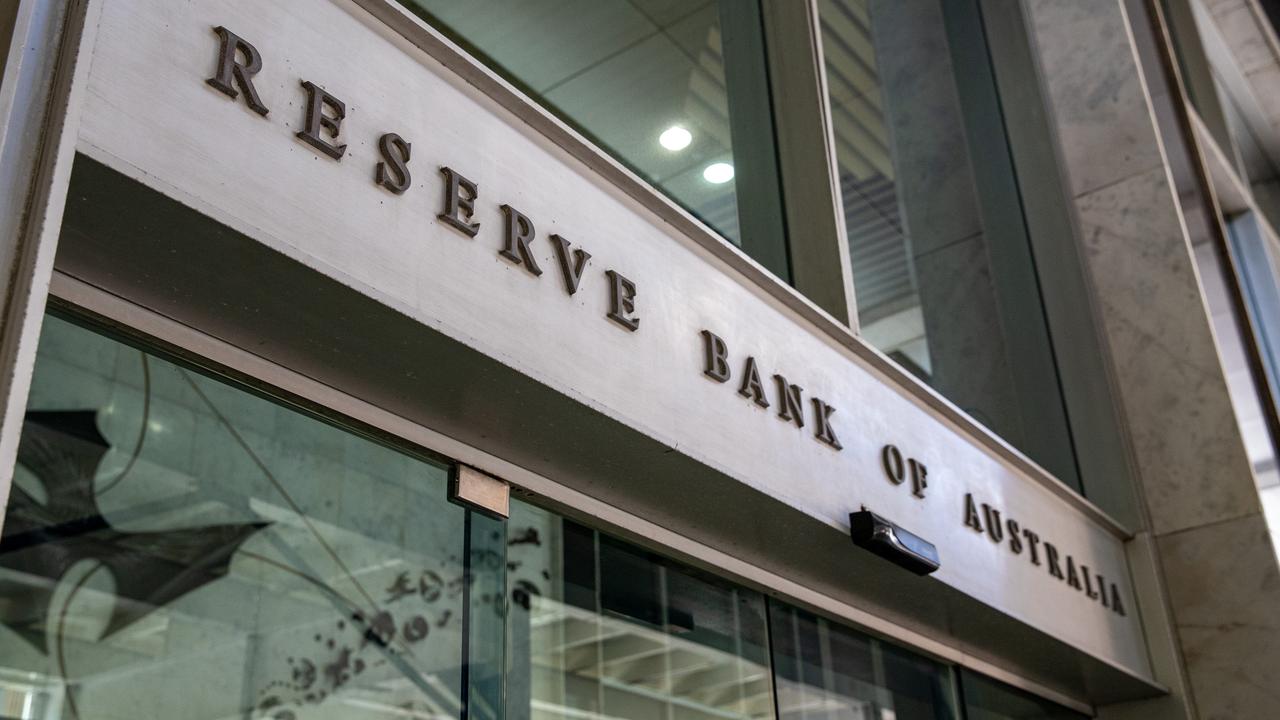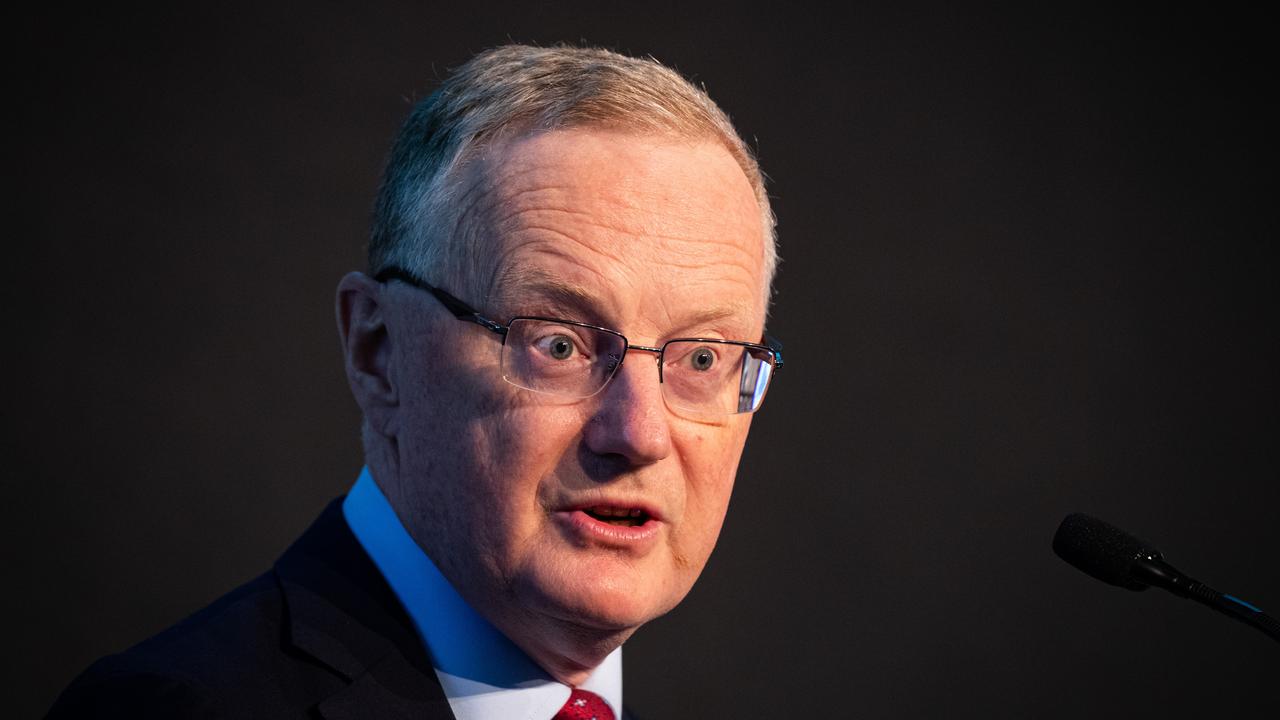RBA urged to put rates on hold or tip Australia into ‘unnecessary’ recession
Australians are at the “mercy” of the Reserve Bank in the new year, with one economist making a dire prediction ahead of its next meeting.
Australia could soon face a recession if the Reserve Bank continues to hike rates as the consumer-led economy recovery rapidly runs out of steam, a leading economist has warned.
Falling house prices, rising interest rates, high inflation, low levels of consumer confidence and negative real wage growth are expected to combine in 2023 to contribute to a drop in consumer spending.
Deloitte Access Economics' partner Stephen Smith believes that fall will be a key factor in explaining why Australia’s economic growth is expected to slow to 1.7 per cent, down from 3.6 per cent in 2022.

“The strength of the consumer in rebounding out of the pandemic lockdowns and back into shopping centres was an important reason why Australia’s economy has grown at pace over the last 12 months,” he said.
“Unfortunately, it’s also an important reason why Australian economic growth is expected to slow dramatically throughout 2023.”
Overall, the DAE’s Business Outlook forecasts the unemployment rate will average around 3.6 per cent in 2022-23.
Commodity prices are also predicted to remain higher for longer than expected, delivering a boost to the government’s bottom line.
But Australians will continue to be at the “mercy” of the Reserve Bank, Mr Smith said.
Last month, the central bank hiked rates for its eighth consecutive month to 3.1 per cent.
Minutes from the board meeting’s decision did not rule out the possibility of further increases in the new year should inflation continue to rise.

DAE’s report cautioned that any further rate hikes beyond the current 3.1 per cent could “unnecessarily tip Australia into recession in 2023”.
“On the Reserve Bank’s own figuring, mortgage repayments, including principal and interest, are already on track to rise to a record high as a share of household disposable income over coming months.
“At the same time, real household disposable income per capita – a key measure of prosperity – is falling, and will finish the current financial year at levels last seen before the onset of the pandemic.
“There is no doubt that Australian households are starting to hurt.”



